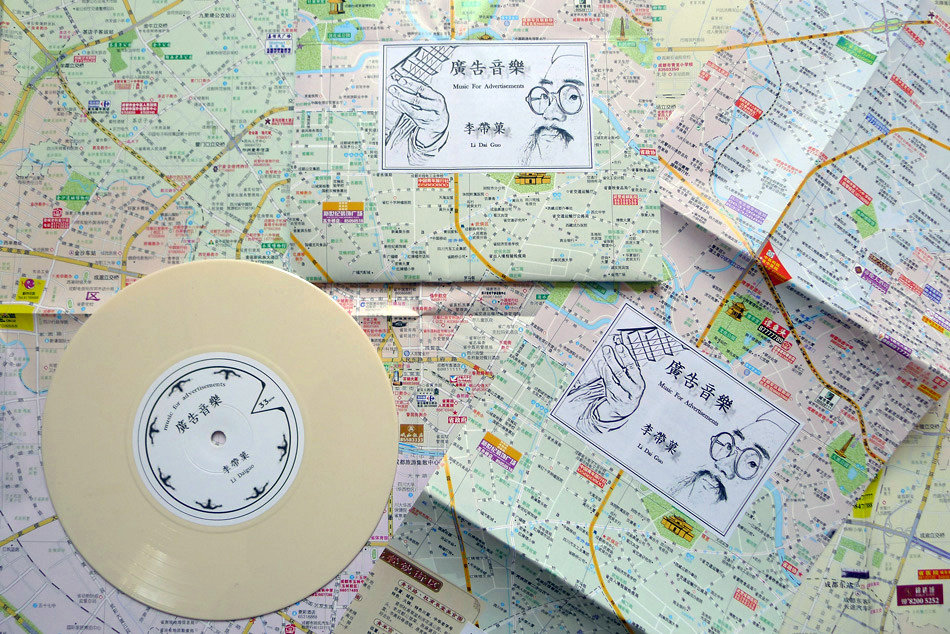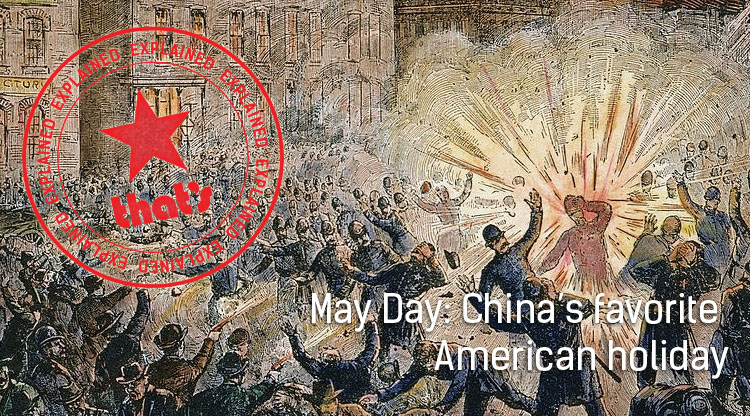“Where do we begin?” says Martin Papp when I ask him about changes in the modern tea industry.
It’s a gray Monday afternoon, and we’re on the bottom floor of the equally gray Sanlitun SOHO complex. That said, the space we’re in is a bit of an oasis from its drab surrounds: Martin and his team are in magenta T-shirts. Multicolored cases of tea line the walls. Upbeat indie pop plays over the stereo. Like any good cafe, Papp’s place has a soothing environment and comfy chairs.
There’s just no coffee.
There have been many reports on coffee’s growth in China – the industry as a whole grows 30 percent annually – but what does this mean for China’s rich tea culture? According to Euromonitor, high-end tea sales “witnessed a sharp drop” in 2014.
I’m here to ask Papp, who’s creating a Starbucks-like café chain, but for tea, what coffee has to do with that.
“Starbucks was successful by creating this idea of the ‘third space,’” explains Papp. For the uninitiated, coffee shops are a ‘third space’ because they’re neither home, nor work – but somewhere you can comfortably spend time.
“Tea kind of got lost in that,” he says. “[At teahouses] there’s a lot of ceremony involved. It’s a very rigid and much slower process.”
Tea represents traditional, perhaps even old-fashioned, Chinese culture. And some people appreciate that more than others. Older customers, particularly in more traditional areas in China, remain devotees of the tea-drinking lifestyle. It’s the younger ones, says Papp, that have taken a liking to coffee.
As it turns out, the war of tea versus coffee is a game of perceptions. Very little of Starbucks’ success has to do with Chinese preferring the taste of coffee over tea – in fact, some of Starbucks’s biggest sellers are green tea lattes and tea-flavored frappucinos.
Rather, it has to do with what coffee represents. It’s new, it’s exciting, it’s international. And in some cases, it looks like the set of Friends – a replica of Central Perk, the cafe frequented by Ross, Rachel and crew, made headlines when it opened in Chaowai SOHO in 2009.
Whereas Westerners often see coffee as a daily essential, Chinese view it as a luxury brand. The price for a frappucino at Starbucks, for example, is RMB35 – well out of reach for lower-class Chinese. Tea, on the other hand, is what everyone drinks. It’s culturally important, of course, but it simply does not have the same appeal.
Papp is well aware of this. While he does speak fluent Chinese and live in Beijing with his Chinese wife, his blonde hair and baby blues mark him as decidedly Western. As such, he’s bringing non-Chinese teas into his business alongside more traditional Chinese varieties to build an international brand. Papp’s Tea, he says, will have the same international cachet and stylish atmosphere that a hip coffee shop would. He’s making sure his stores offer an increasingly global-minded populace increasingly global-tasting drinks – and he’s not the only one doing it.
In Sichuan and Chongqing, areas of China known for their rich traditional teahouse culture, entrepreneur Liao Weijia is manning a similar trendy – and growing – tea outlet called NenLu Tea (‘tender green tea’). She’s already received RMB100 million in funding. And further afield, prominent tea wholesalers Teavana and David’s Tea are opening brick-and-mortar cafe locations across the US.
In China, however, it’s an interesting gamble, launching a luxury tea brand when luxury tea leaves are seeing a decline in sales. But according to Papp, “Tea’s consumption is going down domestically, but growing on a global scale.”
And a lot of this has to do with increased interest in healthy living. Walk the aisles of Maliandao Tea City, in South Beijing, and salesmen and women will tout their teas’ seemingly miraculous health benefits – smoother skin, lower anxiety, more regular shits. (Sales pitches, of course, are mostly nonsense. But tea does have a huge range of health benefits that have been proven.)
China’s not immune to global trends, and Papp says healthy living is a trend that’s “unstoppable.”
Still, the disconnect between how people view coffee versus how they view tea, is why many are reticent to connect one’s rise to the other’s fall.
“They are both so different,” says the saleswoman manning a tea shop named Tiandi Chaye in Maliandao Tea City. “Tea is a lot of people’s hobby. People like drinking tea because it’s good for your health.” [She goes on to list a variety of seemingly impossible tea health benefits.]
Huang, a tea saleswoman in the same building, agrees, even though, she admits that her business hasn’t been that well lately.
“I don’t think there’s any relation,” she says. “People will still buy tea to give to other people, and if those people don’t drink tea, they can give it to someone else.”
That idea, of tea as a gift to others, is also struggling at the moment. Luxury teas have been traditionally used as government bribes, but Xi Jinping cracked down on that in 2013, and luxury tea sales have been on the slide ever since.
That reputation is hurting the tea market right now.
At Tiandi Chaye, a decrease in the tea-for-bribes market has seriously impacted the business: “The government’s anti-corruption clampdown has seriously affects our sales,” said the saleswoman, somewhat dejectedly.
Starbucks lattes may be expensive, but not as expensive as a RMB1,000 luxury pack of tea. An RMB30 latte, however, is the perfect price for an upwardly mobile middle class.
Ultimately, most salespeople I spoke with were optimistic about tea’s future. It may be changing, and coffee may be accelerating its change, but many see that as a good thing.
“There’s room for both,” says Papp.





















1 User Comments